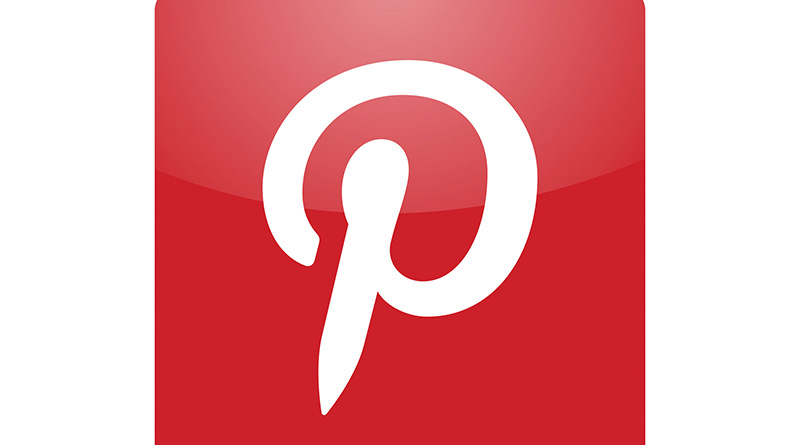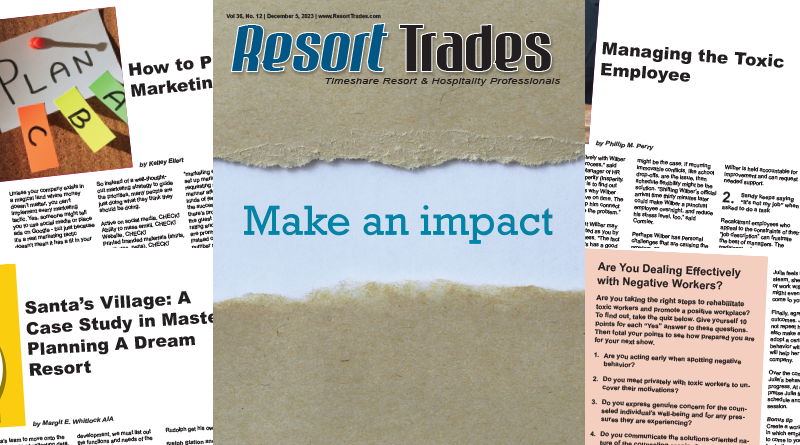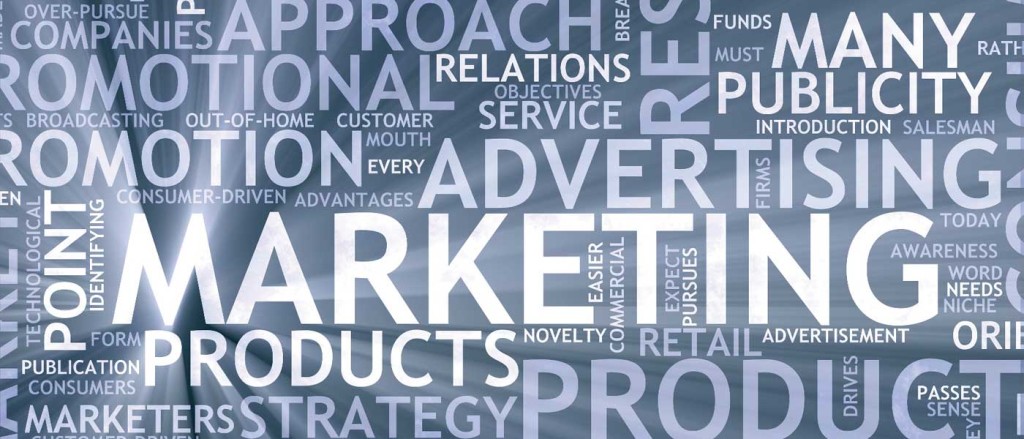Tactics & Tools to Help Make a Big Marketing Impact
Small to non-existent marketing teams can function and make a big impact thanks to the variety of tactics and tools available. While large corporations need large marketing teams, just like they need large accounting teams, smaller businesses can often be successful with some expert guidance and training on tools to help them make a big impact with less investment and efficient efforts.
The following are some tactics and tools to consider utilizing for small-to-medium businesses and resorts to meet their marketing goals – from getting rental reservations, keeping owners paying or improving your online presence.
Getting Goals
Business goals centered around getting more of something, whether that’s more sales, more rentals, more income are likely going to need more customers.
To get more customers, you’ll need to do something to find them and introduce yourself.
Some tactics for getting more of something may include:
TACTIC: Paid Ads
Paid ads are one of the best ways to get big results with a small budget. For example, Meta ads allow you to place ads on Facebook and Instagram – making advertising efforts have 2x impact by being on the two biggest platforms for hospitality marketing.
To best utilize paid ads, work with an expert who charges a setup fee to provide a strategy for how to best benefit with the budget you have, sets up the ads and the proper tracking to measure results and a reporting dashboard you can easily keep an eye on results. With a solid setup, the monthly management fee you pay to analyze the report, provide monthly recommendations and assist with implementing recommendations and changing out creative can be an affordable monthly cost. Your in-house staff can also be trained to keep an eye on campaigns, further lowering your outside cost and dependency on an outside agency.
And on all of the recommended platforms below, since they are pay-per-click (PPC) you don’t pay unless you at least get a result in the form of at least a click on your ad.
Tools:
Google Ads
Use Google Ads if there’s an obvious search intent (i.e. three bedroom vacation rentals in Myrtle Beach). You can also use past guest data and audience targeting to show image or YouTube video ads. Google ads have a plethora of advertising options for all types of budgets and goals.
Cost: Budgets as low as $300/month
Meta (Facebook & Instagram)
Use Meta ads to capture people who are in the midst of the booking process – this can be done especially low cost and efficiently if you focus on remarketing ads that keep your property top of mind for people who have visited the booking page of your website. Meta ads are a great way to let people find your property after searching for properties on a platform like Expedia and Airbnb, once they find you there, it’s likely they will Google your property and end up on your Facebook page or website while they are researching. Once they do that, you can remarket to them with a direct booking incentive.
Cost: Budgets as low as $150/month
Related: How Instagram Story Can Tell Your Resort’s Story

Pinterest is one of the most underutilized paid advertising platforms in the hospitality space. People spend hours and hours planning trips on Pinterest – searching for destination specific guides and pinning boards of stored content for their trip. All of this planning they are doing is also providing Pinterest with mountains of traveller intent data that marketers can use to target their paid advertising. And because fewer advertisers use Pinterest than Meta and Google – the competition for ad impressions is less, meaning these ads are extremely targeted for an affordable cost.
Cost: Budgets as low as $150/month
Related: Pinterest: The Ultimate Online Destination for Hospitality Companies to Thrive

LinkedIn isn’t ideal for a resort marketing but if there’s are lots of use cases for LinkedIn – from needing more employees or to fill a hard-to-fill position or advertising B2B services, LinkedIn can be a great way to reach those audience and meet talent pool or business development goals.
Cost: Budgets as low as $300/month

Google Analytics & Google Tag Manager
If you’re running paid ads on any platform, you need to be properly tracking the results. With Google tools, you can track what happens to those leads after they click and end up on your website. You can also use connections set up within Tag Manager to send data back to the advertising platforms, providing them the data they need to make your ads perform even better.
Cost: FREE

TACTIC: Organic Social Media
Organic social media is referencing any free postings and actions taken on social media platforms (vs paid advertising on the same platforms). Many people think just posting on social media means they are using it, but without strategy those efforts can be seen as a “nice to do if there’s time” and not a valuable action that should be given priority.
While organic social media is most important for keeping goals, it can also be valuable when someone is considering your property. Visiting your Facebook page or Instagram account is common during traveler research so by having content there that showcases your property, it’s more likely to sway potential guests to become paying customers.
Related: Resorts Not Investing In Social Media Are Losing $$$
Tools:
Hootsuite, SproutSocial, HubSpot, Later… or a million other social media management options
Using a social media management platform is a great way to be able to schedule content in advance, track results and publish one post across multiple platforms, making it easier to manage. While social media management platforms are helpful, without a plan of how they should be used, they can feel like a waste of money and its near impossible to chose the best one in a sea of options.
Cost: free to $100+/month, the higher the cost, usually the more features and social platforms but there are options for any budget.

Search Engine Optimization (SEO)
Search engine optimization sounds great because it has the perception that it’s basically free. But that’s not true. Optimizing a website for search engines – meaning trying to get it to be at the top on the most searches made on Google takes keyword research, web development and content that is aligned with your business. Getting found from a search engine on non-brand terms (such as resorts myrtle beach vs brand which would be searches containing your resort name – those are easier to rank for) is high competitive and difficult in the hospitality industry.
The best way to do well with SEO is to understand what keywords would benefit you the most, what the competition on those keywords is, a plan for ranking higher on those keywords and measurement to see the results of your efforts.
Tools:
Google Search Console
This great tool lets you see what search terms people used to come to your website. You can also view month-by-month performance to see if you’re increasing rank on the keywords that you want to target.
Cost: FREE
SEMRush
Use SEMRush during keyword research to uncover the keywords that it would be most beneficial for you to rank on. You can even view competitive metrics on keywords which helps you build a plan for how to increase your rank.
Cost: $129/month (with the monthly plan you can use for research and then cancel)
CRM + Email & More: HubSpot, MailChimp, Constant Contact…and many, many, many more. Your reservation software may also count as your CRM.
Having a CRM is important in order to track leads, keep your contacts organized and continuously grow and improve your marketing efforts. Another benefit of a CRM in hospitality, where the employee turnover can be high, is that your efforts are in a centralized locations making it easier for someone new to jump in where someone else may have left off. The most important thing about choosing a CRM is picking one that best fits your current tech stack.
Cost: Free to $100s/month

TACTIC: Influencers
There are few efforts that are as beneficial to resorts as tapping into influencer marketing. There’s a million different ways you can use influencers, depending on your goals.
What is not included here is a random person emailing you, saying they are an influencer and requesting a free stay. I know all you General Managers out there have received those requests. That’s not what this one is referring to. When an influencer program is properly and professionally set up, there’s ways to track it and only pay when there’s positive results, get great content you can repurpose and more. Not all emails from people claiming to be influencers are over-hyped, but having an established program and set standards for finding and vetting influencers takes this from spam requests to a viable, profitable, trackable marketing option.
Tools: depending on the size of the initiative, influencer programs can be established using no outside tools. Large programs may use tracking in a program like Google Sheets or Excel and platforms for finding and tracking influencers such as Klear, NeoReach, Heepsy, Creator IQ, Sparktoro and many more.
Cost: Varied from trade options to $100+
Keeping Goals
Keeping goals aren’t usually the first goals on a company’s mind, but they should be. Of course there’s the old adage about how it’s easier to keep a customer than earn a new one. Just because it’s easier doesn’t mean you should give it minimal effort.
To keep your owners, keep your guests coming back again and again, you have to give effort and recognition to those who are already your customers. You can give recognition by presenting them with messaging and communications that separates them from those new customers just discovering your business.

TACTIC: Owner Newsletter
There’s having an owner newsletter, and there’s making an owner newsletter enjoyable and exciting to read. If you’re owners aren’t raving about how much they look forward to reading the newsletter and you at least sometimes hear compliments on the communication – it’s likely you have room for improvement.
If you aren’t sending one, you definitely have room for improvement. You can save money while also increasing the quality of your newsletter by making it digital instead of physically mailing it. Or let owners opt-in or out of the method of their choice. The key is – find a way to give your owners some dependable contact with your resort outside of their annual bill.
There are really affordable, exciting tools you can use to design and publish newsletters your owners will love.
Tools:
Digital Magazine Reader cost as Issuu or Flipbook
Design your newsletter to look like a physical, full-color magazine and turn it into a digital magazine they can easily scroll through.
Cost: $15/month and up
Email Platform
Keeping your owners informed via email is incredibly cost efficient. While you may already be emailing your owners, it’s always wise to review your content, design and schedule to see if there’s places to improve by sharing exciting news and not just bad news or their annual bill.
Cost: Free options, but most will be around $15/month+ with price increasing based on either contacts or email count. You should pick a tool best priced for your email sending needs.
Canva (if you have the team to write and design your own)
There’s so many templates in the easy-to-learn design platform Canva, that a resource stretched team can step up their communications quality by creating graphics and content within this platform.
Cost: Free version available or pro plans start at $14.99/month
Upwork or Fivver for outsourcing writing and design if needed
Tactic: Online Owner Portal
Building out an online owner portal that contains more than just their maintenance fee can be a good way to keep owners happily engaged and informed at the level they care about. If they want to check it once a year to pay their fees, that’s fine. Maybe they login every month or so to see photos of work around the resort, read their past newsletters, contact their board and other functionality an online owners portal provides.
Tools:
WordPress or other website builder
Cost: typically $1,000-$3,000 for setup and build, depending on your current website capabilities, that cost could go up or down.
Tactic: Organic Social Media
From engaging with owners on your Facebook page or a private group and staying connected and present to past visitors, organic social posting can have a big benefit in keeping customers coming back.
Improving Goals
Getting and keeping goals are constantly ongoing efforts. Since they are ongoing there’s good reason to bring all or part of them in-house, for example it’s hard for someone not at your resort to take pictures and videos several times a week for social media. There’s always benefits to in-house staffing either doing or assisting with these ongoing items.
Improving goals are different though. Sometimes these are one-off projects that would be more efficient to hand off to a professional. For example, it’s more affordable and successful to hire someone to build your website than someone trying to learn web development. Improving your online reputation strategies depend on the reason you gained a negative reputation in the first place as detailed in Part 1 of this article series.
Tactics
The following tactics are all improvement tactics a resort or small business might utilize that are best to be outsourced to a professional, typically for a one-time fee. The cost for all these tactics can vary greatly depending on your need, resort size and more.
- Resort Website
- Online Reputation
- Brand
- Photo and Video content
- 360 Room Tours
- Improve Guests ability to navigate the resort with a well illustrated map
- Google & Social Profile Optimization
- Search Engine Optimization (SEO) content strategy
Combining Tactics
The best strategies actually combine a selection of tactics so that the end result are custom solutions that all help each other perform. For example, running paid ads on Meta is going to be even more impactful if you’re also posting organic content to both platforms where those ads will grow the audience – Facebook and Instagram.
Successfully combining tactics includes understanding how each effort benefits or affects the other efforts. If you run ads on Google your performance (costs + results) will both be better if your website (or landing pages) are optimized for the content and keywords your Google Ads are targeting. You can’t run ads saying “Stay at Our Resort in Orlando” and send them to a webpage that’s about Myrtle Beach.
Your customer communication email platform might also be able to be used to build landing pages for social media efforts and send out marketing emails to past guests, serving two functions with one platform.
The tactics that you want to combine are much easier to logically connect when you detail out your strategy and priorities.
Related: How to Prioritize Your Marketing
Tactic: Hire a Strategist
It takes more time to get people to understand the importance of strategically prioritizing their marketing or calling in an expert to guide the way (just like you ask a CPA to guide you through taxes – they don’t have to be a full time employee to affordably outsource marketing strategy and oversight and retain an expert on call) than it usually does to implement some marketing channels. One of the many benefits consulting with a marketing expert can be around which tools to implement that are best for your staff’s skillset and current tech stack.
The marketplace has changed in the past decade, making hiring a Fractional CMO or some on-call, part-time or project-by-project marketing help more accessible and affordable than ever.

Industry Publications & Resources
Publications (like Resort Trades!) often know of someone who may be able to help from the experts weighing in on content. They cna recommend a strategist to you or a writer to you if you need some content from a trusted source.
You Network
Hop on LinkedIn or ask around, there’s a lot of people out there calling themselves marketers just because they took a few online classes and paid for a badge or certificate. I’ve found that a bad experience or distrust is one of the main reasons companies steer clear of outsourcing marketing help is that they’ve been burned or fear being burned by someone whose skills didn’t meet the need.
This hindrance can often be overcome by asking people you trust to find a trusted professional.
Upwork
You can find a strategist on these platforms, but you have to be careful, spend time vetting and know what marketing strengths you are looking for to weed out the over promisers and underdelivers.
Cost: strategic marketing plans and current effort audits can cost anywhere from $500+
Kelley Ellert is a marketing consultant and strategist who helps resorts and businesses of all sizes prioritize and implement marketing efforts. Look her up on LinkedIn @kelley-ellert.



